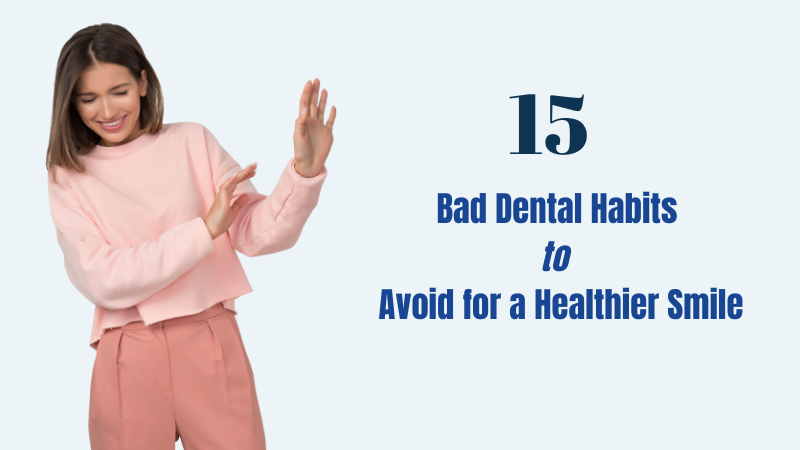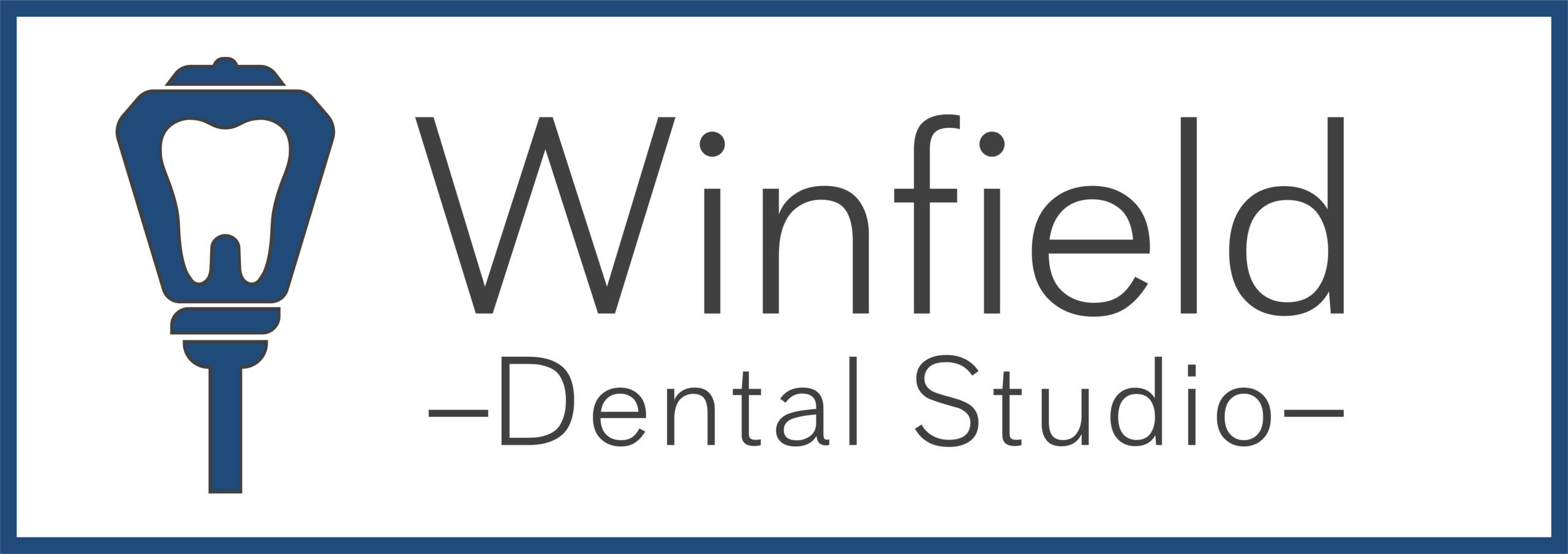
Maintaining a healthy, vibrant smile is not just about brushing and flossing; it’s also about steering clear of detrimental habits that can compromise your dental well-being. In this comprehensive guide, we’ll explore 15 common bad dental habits that many individuals unknowingly engage in and provide practical strategies to protect your teeth. From grinding teeth to sipping red wine, each habit will be dissected, offering insights to help you make informed choices for a brighter, healthier smile.
What are Bad Dental Habits?
Bad dental habits encompass behaviors that can harm your teeth and overall oral health. These habits often result from a lack of awareness or ingrained routines. Recognizing and addressing these practices is crucial for maintaining a beautiful smile.
Grinding Teeth (Bruxism): Grinding teeth, or bruxism, is a common habit that can lead to worn-down enamel, jaw pain, and headaches. Combat bruxism by identifying stressors, practicing relaxation techniques, and, if necessary, using a custom-fitted night guard to protect your teeth during sleep.
Chewing on Ice: While ice may seem harmless, chewing on it can lead to cracked or chipped teeth. Break this habit by choosing chilled beverages without ice or opting for softer alternatives like crushed ice in your drinks.
Playing Sports without a Mouth Guard: Engaging in sports without a mouthguard increases the risk of dental injuries. Prioritize your oral safety by wearing a properly fitted mouth guard during physical activities, preventing potential fractures and tooth loss.
Tongue Piercings: Tongue piercings may be trendy, but they can pose serious risks to oral health, including chipped teeth and infections. Consider the potential consequences and opt for alternative ways to express your style without compromising your dental well-being.
Bedtime Bottles: Putting infants to bed with bottles can lead to baby bottle tooth decay. Protect your child’s teeth by avoiding bedtime bottles or filling them with water instead of sugary liquids.
Gummy Candy: Gummy candies are not just a threat to your waistline; they can also harm your teeth. The sticky texture allows sugar to linger on your teeth, contributing to decay. Choose healthier snacks like fresh fruit or nuts instead.
Drinking Too Much Soda: Excessive soda consumption is linked to enamel erosion and cavities. Reduce your soda intake by gradually replacing it with water or herbal teas, preserving your dental health and overall well-being.
Opening Stuff with Your Teeth: Using your teeth as tools can lead to fractures or chips. Break this habit by keeping handy tools, like scissors or bottle openers, readily available for their intended purposes.
Sports Drinks: While sports drinks may replenish electrolytes, they often contain high levels of sugar and acidity, contributing to tooth decay. Consume them sparingly and choose water as your primary hydrating beverage.
Constant Snacking: Frequent snacking, especially on sugary or acidic foods, can expose your teeth to prolonged periods of vulnerability. Opt for balanced meals and limit snacks, preserving your dental health and maintaining a well-rounded diet.
Chewing on Pencils: Chewing on pencils can lead to dental fractures and damage. Substitute this habit with stress-relief tools like stress balls or mindful breathing exercises to protect your teeth.
Drinking Coffee: Coffee, while a beloved beverage, can stain teeth and contribute to bad breath. Rinse your mouth with water after consumption and consider teeth-whitening options to counteract these effects.
Smoking: Smoking not only harms your overall health but also contributes to gum disease, tooth decay, and tooth loss. Seek support to quit smoking and prioritize your oral and systemic well-being.
Drinking Red Wine: Red wine, though enjoyable, can stain teeth. Moderation and maintaining good oral hygiene, such as regular brushing and professional cleanings, can help minimize the impact on your smile.
Binge Eating: Binge eating, often associated with consuming sugary and acidic foods, poses risks to dental health. Address the root causes of binge eating and consider seeking professional help to establish healthier eating patterns.
In conclusion, protecting your teeth involves a conscious effort to break free from harmful habits and make choices that promote dental well-being. By understanding the potential consequences of these bad dental habits and implementing practical strategies, you can embark on a journey toward a healthier, more resilient smile. Your oral health is an integral part of your overall well-being, and small changes in habits can lead to significant improvements. Commit to a dental-friendly lifestyle, do your dental checkup regularly, and let your confident smile reflect your dedication to optimal oral care.




